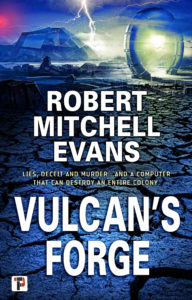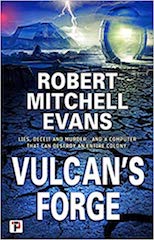.
Do not misunderstand me, the majority of the times if there is an element of your plot that given a few seconds of thought unravels the entire affair, it should be fixed well before the work is finished,
By the way by ‘plot hole’ I do not mean an inaccuracy that plays to genre convention even if it is factually in error. When Tony Star emerges from the cave where he had been held captive wearing his Mark I, built from scraps, every rifle and machinegun there would have had more than enough power to penetrate the metal. That’s not why we are at that movie, we’re there for superhero fun and that allows an amount of ignoring physics.
No, when I talk plot holes I am talking about illogic within the bounds of the accepted genre or conventions of the piece. However, if the characters and emotions of the piece grab your readers or audience by the throat then none of that would matter.
A wonderful example is the beloved classic film Casablanca.
Some of its plot holes and error are quite well know. Transit papers signed by Charles de Gaulle, who was in England and fighting the Nazis from there, would not only be worthless in Vichy France, but they’d also get you arrested. For refugees Ilsa and Victor are amazing dapper and well-fed enjoying their champagne cocktails, but this film is a romance and in romances we want beautiful people live beautiful lives.
The plot hole that really undermines the story if you think about it for two second and that no one cares about because the characters have seized our hearts so thoroughly centers on Ugarte the murder and thief that stole the transit papers and handed them to Rick to hide before Ugarte’s arrest. Prompting two problems in the plot.
1) Why in the world would Ugarte hand them to anyone? He expects to sell them very soon for a vast amount of money. How was this to work? Make the deal with victor, get the handshake, and then run back to Rick to get the papers? This non-sensical action only takes place so that Rick ends up with the MacGuffin.
2) More seriously, the police know it was Ugarte who killed the couriers and stole the papers, they arrest him at Rick’s and haul him off to jail. The next morning, we learn that he died while in custody with the corrupt police dithering between shot while trying to escape or suicide as the official report. A night of torture that killed him and we’re expected to accept that the murdering thief never gave up Rick’s name as the man holding the papers? Ugarte did not come off as the ‘die to protect your sources’ type at all. Again, this is only to keep the plot alive. Rick arrested kills the narrative dead.
And yet of all the times I have watched people experience this classic for the first time no one has ever questioned these actions.
With lesser characters and lesser actors, they would have. Our entanglement with this people blinds our critical eye.




